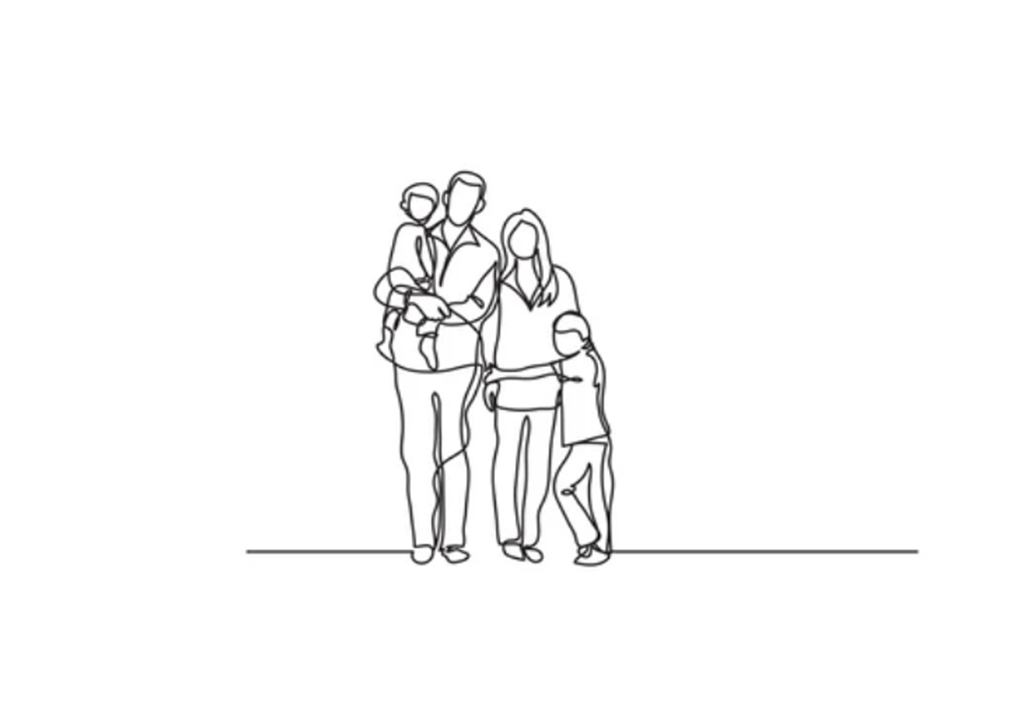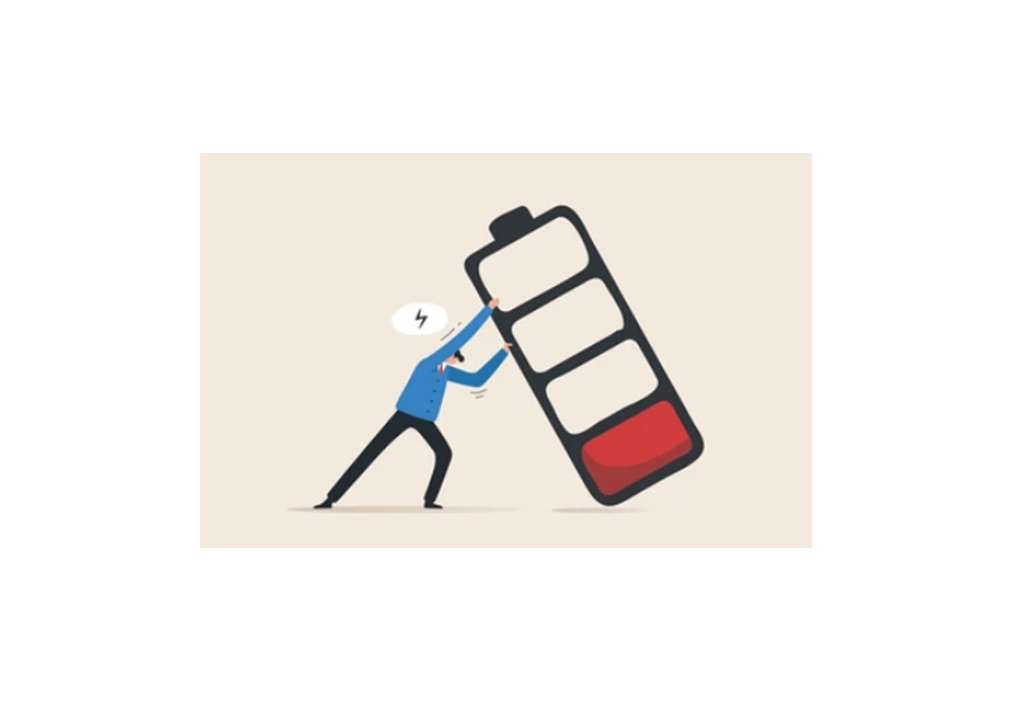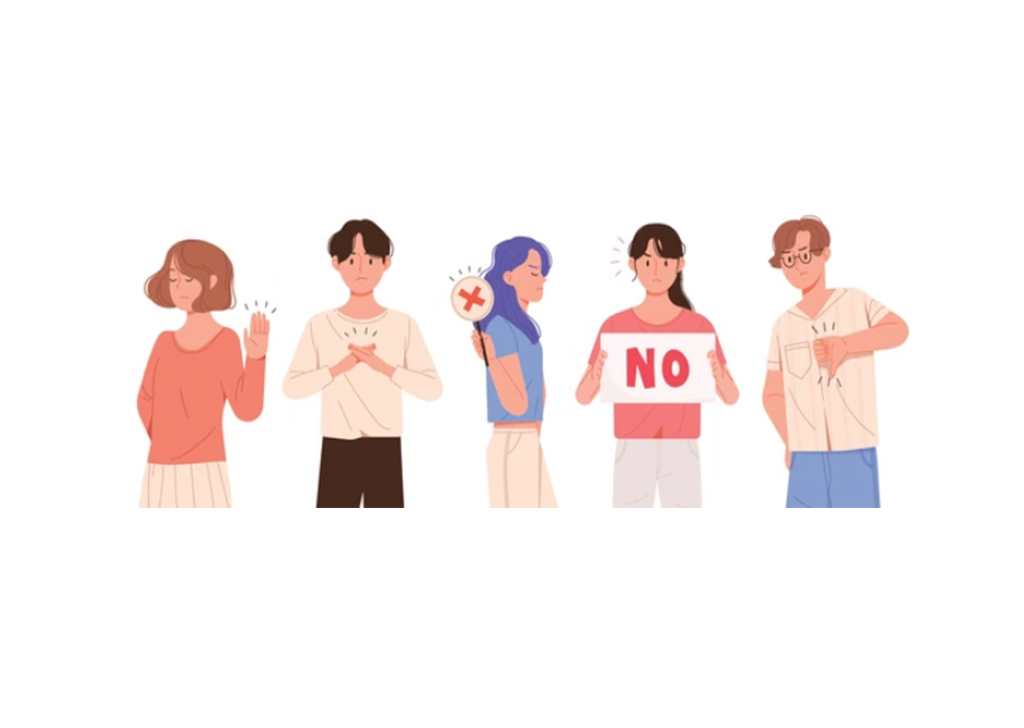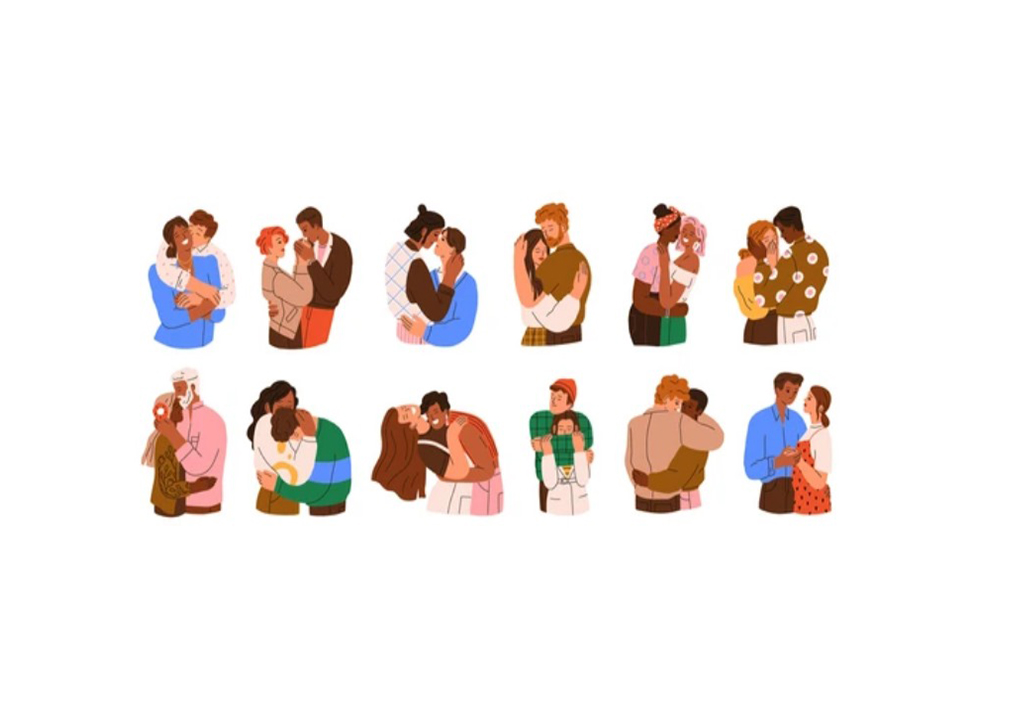"What is family? Why do we need a family? Where do we seek family?
So far, in the series we've
watched, in the novels we've read, we've seen and read about the thousand and
one varieties of family. From history to the present, let me try to explain
what family is, and then I'll say a few words about this important series.
If we define family as follows,
how would it be? A relative concept depending on existence and nothingness. You
may feel like nothing in existence, you may cling to the virtual entity you've
created within nothingness. To become nothing in existence, to try to exist
within nothingness. And then to try to assert your existence by holding on
tightly to something you find or create for yourself.
Those who love but cannot be
together, those who marry without love, those who love and then deceive each
other after a while, those who steal children, broken families, betrayal,
infidelity, children of people in separate marriages becoming siblings, those
who cannot receive love from their parents, rape, abuse, adoption, orphanages,
ideological differences within the family, marriages and problems of partners
with different religions or sects... The list goes on. Aren't we the ones who
have either experienced at least one of these family problems by our age or
heard, witnessed from our parents, extended family, or environment? In other
words, aren't we the ones who willingly or unwillingly accept that our pains
are experienced or allowed to be experienced within the family? Regardless of
which nation, religion, sect you believe in, the only thing that solves these
problems is the humanity you take refuge in. The person who integrates the
concept of humanity into his life can live more in harmony with himself, his
surroundings, his family, and his profession. Because human values are the most
powerful problem-solving key. In order to use this key, we need to know
ourselves.
So, who are we really? Even
though we come from the same parents, aren't we the ones who sometimes
experience serious emotional and intellectual differences with our siblings,
get stabbed or stabbed by them, clash with our loved ones most of the time,
deceive and are deceived, are often misunderstood by our most beloved friends
or comrades? We want to understand each other, but we often struggle with each
other. Aren't we the ones who have fought for or even fought for many things
for unknown people and things imposed on us, such as feelings, thoughts, goals,
dreams, beliefs? We fought for these dreams, wasted our lives, maybe fought,
died, killed, lost many things for these values. At the end of the day, we
found ourselves returning to our family or trying to establish our own family.
In the smaller, nuclear family, we couldn't be a member of either an individual
or a whole. In order to cover up this failure, we entered into a larger
emotional, intellectual, and ideological system, fought, even cried or made
others cry, just to feel a sense of belonging and be able to fight for it, even
if it meant sacrificing everything for the sake of a greater cause of the
family (homeland, nation, belief, team loyalty...). Even though we come from
the same blood, soul, faith, nation, sect, economic conditions, aren't we the
ones who have difficulty understanding each other and struggling with each
other? Why do we fight for things and people further away, things and people we
can't physically touch at first, imposed on us? Why do we hesitate to start
repairing and rebuilding from the smaller, faster-organizable structure of the
family?
We live in the middle of
paradoxes. In order to experience the sense of belonging and happiness, we
sacrifice many things, even our own and others' existence, to make ourselves
and the people in front of us miserable, even to destroy them. Perhaps our goal
is not to establish a family, but to take revenge for the pain we have
experienced, to feel that we are valuable, to own and establish ourselves as
kings or queens of thought after suffering, to establish our own kingdom. Some
of us try to achieve this by marrying and having children, and some try to give
meaning to their lives with the ideological approaches they have raised with
greater hopes.
Therefore, family will always be
valuable. Because family is valuable both pedagogically and sociologically for
our existence and sustainability, and as a product of our struggle to recreate
the family. Philosophers' and Gods' View of Family
Ancient Egypt: In ancient Egyptian mythology, family reflects an
important connection between gods and humans. Egyptian gods are considered
protectors of families, and their relationships with humans are important. For
example, the Isis and Osiris myth is central to Egyptian mythology. According
to this myth, Isis and Osiris are in love with each other and marry. However,
Osiris is killed by his malicious brother Seth. Isis gathers Osiris' body and
brings him back to life. This myth is seen as a symbol of love, loyalty, and
immortality within the family.
In addition, pharaohs are also
included in a divine family structure as part of Egyptian mythology. Pharaohs
are considered reincarnations within the body of the god Horus and therefore
rule with family ties to the gods. Sanctifying existing family without
questioning it and ostracizing anyone who is not part of it.
Ancient Greece: Ancient Greek mythology presents the family as a reflection of the complex relationships between gods and heroes. Greek gods are part of a pantheon full of domestic conflicts and relationships. For example, Zeus' father was Kronos (Cronus) and his mother was Rhea. While Kronos comes from the lineage of the Titans, Zeus is from the Olympian Gods. Kronos was the leader of the Titans, the previous generation, and overthrew his father Uranus. When Kronos learned from the oracles that he would be killed by his own offspring, he swallowed each child born to him. Rhea, Zeus' mother, hides her son and raises him in secret. Zeus defeats his father with the help of the other Olympian Gods and sends him to Tartarus, the deepest region of the world, becoming the head god. Zeus has many wives and children, and this family chaos is an important theme in Greek mythology. Here we see that establishing, protecting, and maintaining his own leadership at all costs is very important. Whether a god or a human, complex, self-interested, narcissistic family ties always emerge. Are the gods influenced by humans or humans by the gods?
What have philosophers and writers said about the family:
Aristotle views the family as the basic unit of society. According
to him, the family is where individuals come together to meet their basic
needs. Relationships within the family help individuals develop virtues.
Jean-Jacques Rousseau sees the family as a result of the social
contract. According to him, the family contributes to the formation of social
order by limiting people's natural freedom. However, at the same time, the
family can also be a source of problems such as private property and social
inequality.
Friedrich Engels views the family as a product of class society.
According to him, in capitalist society, the family serves as an institution
that ensures the continuation of property. Gender roles within the family
perpetuate class inequality and exploitation. In addition, the division of
labor within the family reinforces class inequality.
Sigmund Freud examines the family as a critical factor in the
psychological development of individuals. Relationships within the family
affect individuals' personality development. Concepts such as the Oedipus
complex and the Electra complex are part of Freud's theories developed to
understand family dynamics.
John Locke sees the family as a means to protect individuals' natural
rights. According to him, the family plays a role in ensuring personal
security, which is the basis of property rights and individual freedom.
Fyodor Dostoyevsky (1821-1881): In Dostoyevsky's works, the family
is often depicted in a tragic and conflicted manner. Especially in works like
"The Brothers Karamazov," the family is a reflection of sin, crime,
and internal conflicts of human beings. Dostoyevsky's family theme demonstrates
the complexity of human nature and internal struggles.
Franz Kafka (1883-1924): In Kafka's works, the family is often
portrayed as part of themes such as alienation and loss of personal identity.
In works like "Letter to His Father," the family reflects
individuals' relationships with society and authority.
Leo Tolstoy (1828-1910): In Tolstoy's works, the family provides a
foundation for moral values, individuals' relationships with society, and
personal growth. In novels like "Anna Karenina," the family has a
profound impact on characters' choices and actions.
Halit Ziya Uşaklıgil (1867-1945): In Halit Ziya Uşaklıgil's works,
the family often reflects the lifestyle and moral values of the bourgeoisie.
Particularly in his novel "Forbidden Love," family conflicts and the
theme of forbidden love are important. This work examines the conflicts between
family ties, moral values, and social norms.
Orhan Kemal's "Cemile," "On Fertile Lands," and
"72nd Cell" examine the concept of family from a sociological and
psychological perspective. Family dynamics affect characters' identities and
lives, while social norms and values also shape these relationships. In Orhan
Kemal's works, the family is considered as the basic unit of life, and it is a
part of characters' internal and external conflicts.
Yaşar Kemal (1923-2015): In Yaşar Kemal's works, the family,
especially the rural life and village community, is seen as the basic unit.
Families show deep loyalty to nature and the land. In works like "Thin
Mehmed," family conflicts and the difficulties of village life are explored.
Orhan Pamuk (1952-): In Orhan Pamuk's works, the family is
portrayed as a theme that reflects the complexity of modern Turkey. In novels
like "Black Book" and "Museum of Innocence," the family
draws attention to social change and identity issues.
Family plays a significant role
in shaping and developing children's moral values. Within the family, children
learn their first moral values, ethical norms, and behavioral rules. Here are
the effects of the family on children's moral values: Family members are
children's first role models. Children learn about moral values by observing
their families' behaviors and attitudes. The family teaches children cultural
values and ethical rules by instilling them and exposing them. Children learn
these values by experiencing them in family relationships."
Hashtags
family belonging group individual being human therapy psychology being nothingness world therapy center living dreams goals kinship starting a family children online therapy
Categories
Family Actual Pedagogical (Family-Child-Adolescent)







